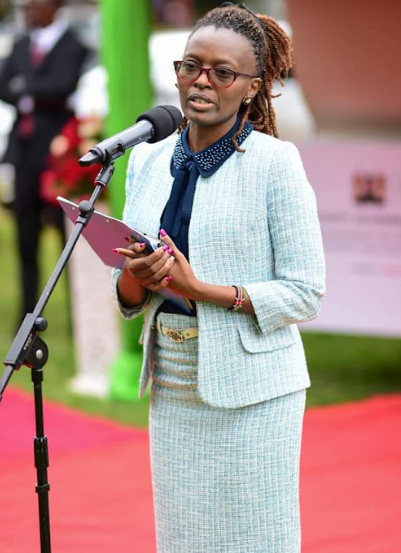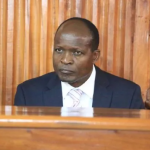The Nyeri county government has launched a five-year initiative aimed at advancing gender equality. Known as the Gender and Development Policy 2021-2025, this policy will integrate gender perspectives into the county’s programs and policies. Nyeri now joins six other counties—Makueni, Kajiado, Meru, Migori, Kisumu, and Isiolo—in taking deliberate steps to tackle gender inequality.
Governor Mutahi Kahiga emphasized that the plan will establish a solid framework for promoting social inclusion. The adoption of this policy underscores the county’s commitment to addressing historical gender disparities comprehensively.
“The policy will help create a more equitable society by ensuring equal access to education, healthcare, economic opportunities and political participation,” Kahiga said.
“We are committed to eliminating all forms of GBV and discrimination, and creating an environment where both men and women can reach their full potential.”
During the policy unveiling, Gender and Social Services Executive Esther Ndung’u highlighted ongoing challenges in Nyeri County related to incidents of Sexual and Gender-Based Violence (SGBV), which continue to hinder development. She emphasized that the new policy aims to address various contributing factors to SGBV.
While the policy places significant emphasis on establishing a robust SGBV prevention and response working group, it also stresses the importance of engaging men in addressing these issues. One of the recommended approaches includes implementing programs aimed at changing behaviors and attitudes to eliminate harmful cultural practices.
“Within the implementation framework, we have trained 40 GBV community champions because we know Nyeri is among the leading counties in GBV. We also have a technical working group composed of stakeholders from the national and county governments which meets on a quarterly basis to come up with strategies of eradicating GBV,” Ndung’u said.
The policy document also advocates for the realization of the two-thirds gender rule across all sectors. While the Nyeri county government has taken deliberate steps to implement this rule in its appointments, there is a push for affirmative action programs to further advance gender equality.
Currently, Nyeri County has three women serving as County Executive Committee members (CECs) and seven men. Among the 13 chief officers, four are women. Data from the gender department indicates a low representation of women in elective positions. Apart from the County Woman Representative seat, no woman was elected to Parliament in both the 2017 and 2022 general elections.
In the 2022 election, only three women were elected as Members of County Assembly (MCAs), while 10 were nominated.
“Policy framework ensures equality and women empowerment in the social, economic, political and cultural spheres is considered. It should also be mentioned that the framework will strengthen affirmative actions geared towards reducing and eliminating gender inequalities as well as increasing representation in elective and appointive positions,” says the policy.



